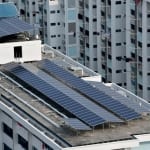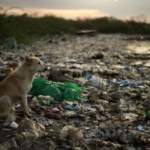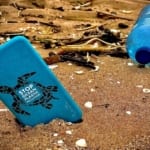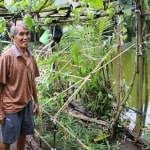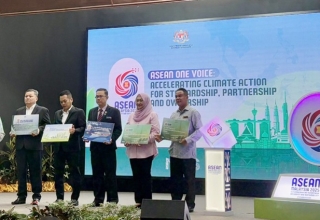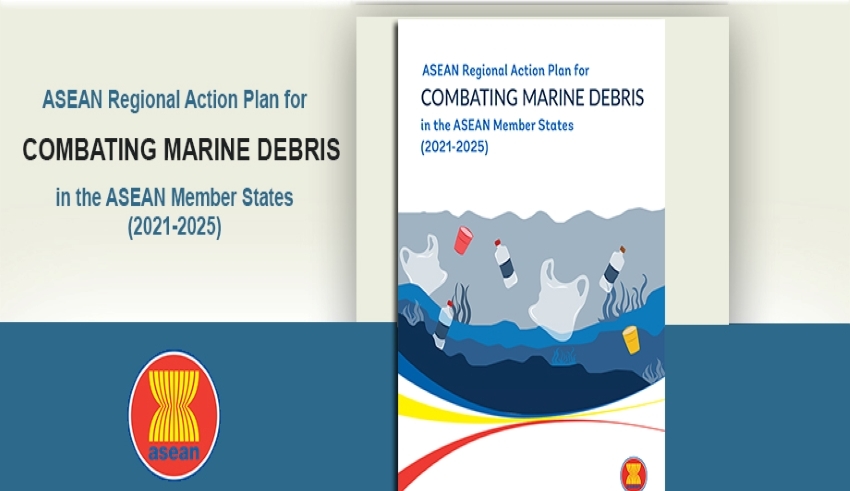
ASEAN states has launched the ASEAN Regional Action Plan for Combating Marine Debris in the ASEAN Member States (2021 – 2025), which provides a scalable, solution-focused joint strategy to address marine plastic debris across the region.
As this was adopted ahead of World Environment Day on June 5 and World Oceans Day on June 8, the Action Plan represents a milestone for ASEAN, signifying a renewed, bolder collective commitment through regional actions, aligned with national agendas towards tackling a critical environmental challenge.
Related Posts
Plastic pollution is estimated to account for nearly 80% of all marine debris in the oceans. Despairingly, six of the ten ASEAN Member States alone, over 31 million tons of plastic waste was generated in a year.
While many of them are engaged in national efforts to combat plastic waste, this challenge knows no borders. Shared river systems, connected coastlines and the international trade in plastic products and plastic waste exacerbate the threat of marine debris for the entire region.
The sudden increase in single-use plastics and personal protective equipment during the COVID-19 crisis has put additional stress on countries working to tackle marine plastic debris.
Despite the challenges, the Regional Action Plan will be implemented over the next five years, highlighting many opportunities for Member States to catalyze, collaborate and apply long-term solutions relating to plastics usage and plastic management.
The Plan includes 14 Regional Actions across four pillars of Policy Support and Planning; Research, Innovation and Capacity Building; Public Awareness, Education and Outreach; and Private Sector Engagement.
The Regional Action Plan supports ASEAN’s overall commitment to tackle the challenge by reducing plastic inputs into the system, enhancing collection and minimizing leakage, as well as creating value for waste reuse. Actions include guidelines for countries to phase out single-use plastics, harmonize regional policies on recycling and plastics packaging standards, and strengthen regional measurement and monitoring of marine debris. These coordinated measures will also enhance regional platforms for innovation, investments, and training.
